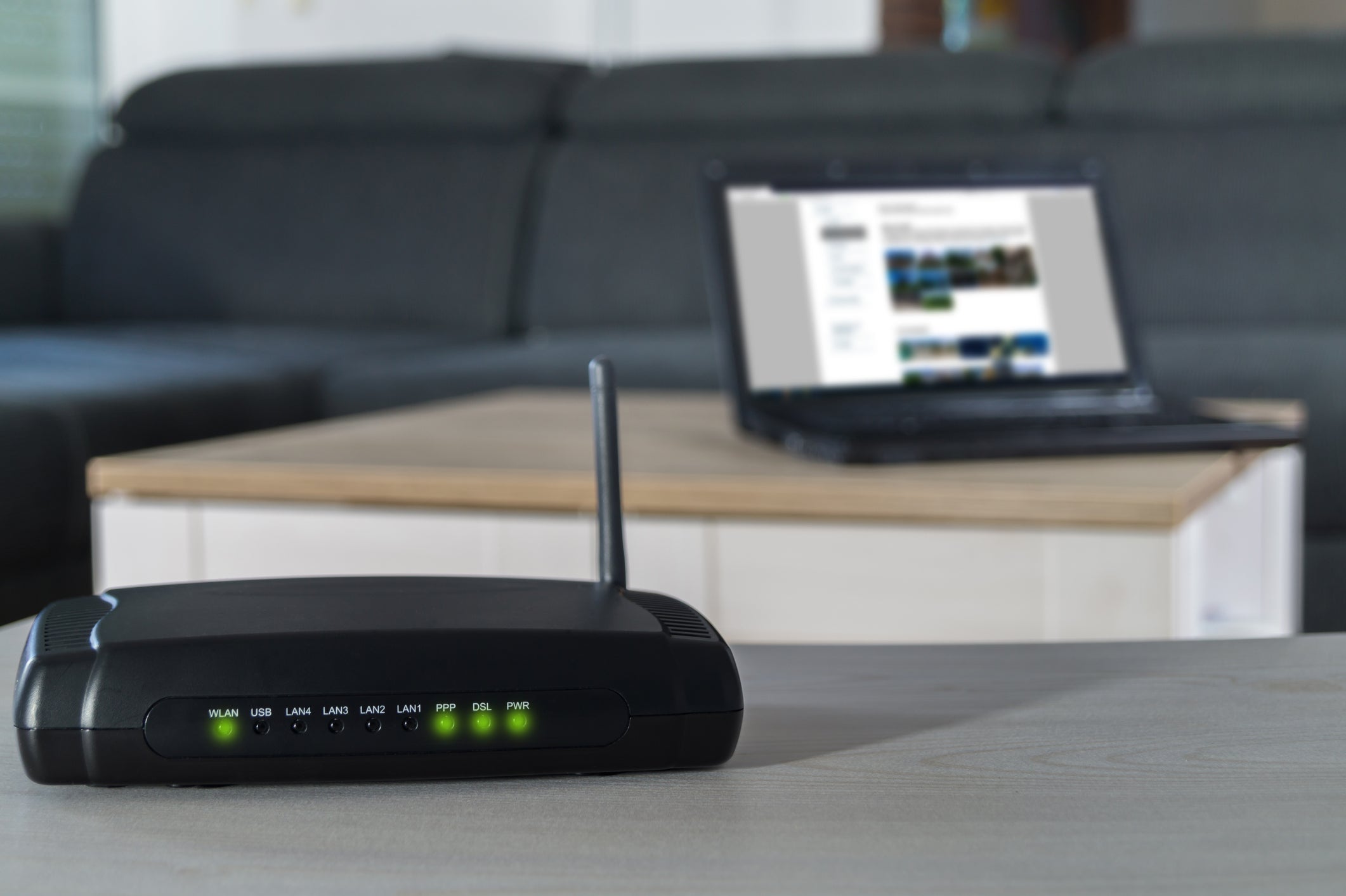As wireless entertainment, gaming, mobile, and network devices are becoming essential in today’s tech world, you may find yourself running into the need for Wi-Fi speed. Whether your current router is performing slow, or you are looking to extent the range of your home Wi-Fi, we answer the confusing question of how to choose the best Wi-Fi router for your household in 2021.
What is a Wi-Fi Router?
A router is a device that provides Wi-Fi and is typically connected to your Internet Service Providers modem. It allows your wireless devices, such as phones, laptops, tablets, etc. to connect to the internet. The devices connected to the internet in your home make up your Local Area Network (LAN).
Although some modems have a built in router, most households will require their own personal router to enjoy a wireless internet connection. This is what brings on the difficult question of how to choose the best Wi-Fi router?!
What are Wi-Fi Bands?
Wi-Fi bands refer to the ranges of radio wave frequencies used to transmit data in the wireless spectrum. Simply put, there are typically one and two band routers. Two band routers include a 2.4 GHz and 5 GHz frequency. The 5 GHz Wi-Fi band excels at providing a quicker wireless speed, but at a shorter range. The 2.4 GHz band has a slower speed, but can more easily penetrate solid objects, resulting in a stronger connection throughout your home. A two band router is recommended so you can have the best of both worlds.

What do the letters and numbers on a router mean?
When purchasing a new router, the letters that you see (typically AX, AC, N, G or B) are very important. They signify the type of technology being used, with AX referring to the latest Wi-Fi technology; also known as Wi-Fi 6. If you currently have a router that is more than 5 years old, you are likely using a N generation. This means that you would notice a significant increase in performance and signal strength by upgrading to an AX router.
Furthermore, routers have many different speeds listed on their packaging – for example, “AC1900” or “AX5400“. These numbers signify the top speed that the router can transmit data on two different wireless bands, 2.4 GHz and 5GHz. In plain terms, the higher the number, the faster your router could perform; This also depends on your Internet Service Provider, modem, and router location. For the average household, a 1500 would be more than sufficient.
What about router security?
Security protocols for routers improve over time, making it more difficult for cyber criminals to crack into your Wi-Fi network using hacking tools and complex decrypting programs. WPA3 is the most recent security protocol, and is only about two years old. Although this is the most secure protocol available, some older smartphones, laptops, and other wireless devices may have a difficult time connecting. In this instance, the previous standard known as WPA2-AES should be used at the very minimum.
It is important to remember that your network is only as secure as the password that you use. Be sure to change your password regularly, and always include numbers, letters, and symbols.
What router should I buy?
Unfortunately, every router has its own quirks and features. Purchasing a router all depends on your router location, ISP speeds, and even the number of devices used in your home. Though, there are a couple of recommendations that check off all of the boxes when asking yourself “how to choose the best Wi-Fi router?”.
The Best Router for a Typical Household
TP-Link WiFi 6 AX1800


The TP-Link AX1800, also known as the Archer AX21, is a dual band Wi-Fi 6 router. This router offers speeds of 1200 Mbps on the 5GHz band and 574Mbps on 2.4 GHz band, giving you a total of 1.8Gbps to utilize. Along with a quad-core CPU, this router makes for the perfect budget friendly AX solution.
The Best Router for a Large Household
ASUS WiFi 6 AX6000


The ASUS WiFi 6 AX6000 offers the next generation Wi-Fi standard along with up to 6000Mbps combined speed. This router offers a wider usage and 8 LAN ports to support more clients at the same time. Along with its ASUS AiMesh compatibility, this router is ideal for a larger household that may want to expand their network in the future.